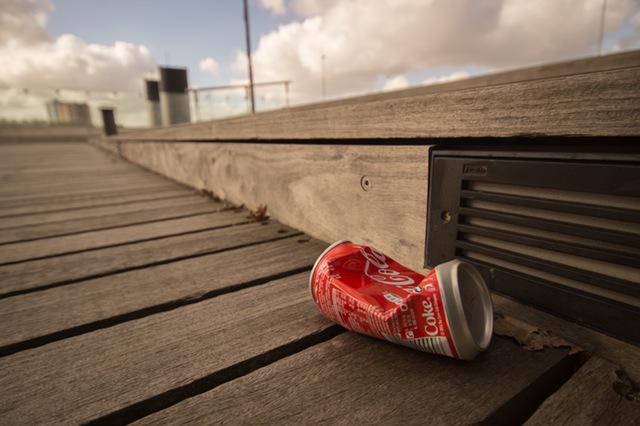Protect Your Tech: The Dangers of Acetone on Laptops and Plastic Surfaces
When it comes to maintaining the integrity of your electronic devices, caution is key. One substance that users often overlook is acetone, a common solvent found in many household products. While it can be effective for cleaning purposes, it poses serious risks to fragile materials, particularly when it comes to laptops and plastic components.
Why You Should Avoid Acetone
Acetone is a powerful solvent that can effectively dissolve certain substances, making it a popular choice for removing tough stains or residues. However, its potency can lead to unintended damage, especially on sensitive electronics. If spilled on a laptop, acetone can compromise not only the plastic casing but also the internal working parts, potentially leading to costly repairs or even replacement.
The Effects of Acetone on Plastic
Most laptops utilize plastic in their construction due to its lightweight and durable nature. Unfortunately, acetone can corrode and weaken plastic materials, resulting in discoloration, warping, or even melting. This irreversible damage compromises both the aesthetics and functionality of your device.
Safe Cleaning Alternatives
Instead of reaching for acetone, consider using safer cleaning products specifically designed for electronics. There are many gentle solutions available that are effective yet safe for your devices. Always do a patch test on a small area before applying any new cleaning solution to ensure it won’t cause damage.
In conclusion, while acetone might seem like a handy cleaning option, it’s best reserved for non-electronic applications. By taking care and opting for safer alternatives, you can extend the life of your laptop and maintain its pristine condition. Your devices will thank you for it!
Share this content:




Response to Protect Your Tech: The Dangers of Acetone on Laptops and Plastic Surfaces
Thank you for shedding light on the dangers of using acetone on laptops and plastic components. As someone with technical experience in electronics maintenance, I can’t stress enough how crucial it is to be aware of the materials our devices are made from.
It’s important to remember that many cleaning agents, including acetone, can have severe long-term effects on plastics and finishes used in electronics. For instance, isopropyl alcohol (IPA) is a safer alternative that can effectively remove grime without risking damage. It’s also worth noting that when using IPA, you should choose a concentration of 70% or lower for optimal effectiveness and safety.
Additionally, as you pointed out, performing a patch test is a great habit to develop; I recommend checking the manufacturer’s guidelines or product specifications for any recommendations regarding cleaning agents. Microfiber cloths are also ideal for cleaning screens and surfaces without scratching, enhancing the longevity of your devices.
Ultimately, maintaining our tech requires diligence and a good understanding of the materials involved. By using proper techniques and alternatives, we can all enjoy our devices longer and in better condition. Keep sharing such informative content!